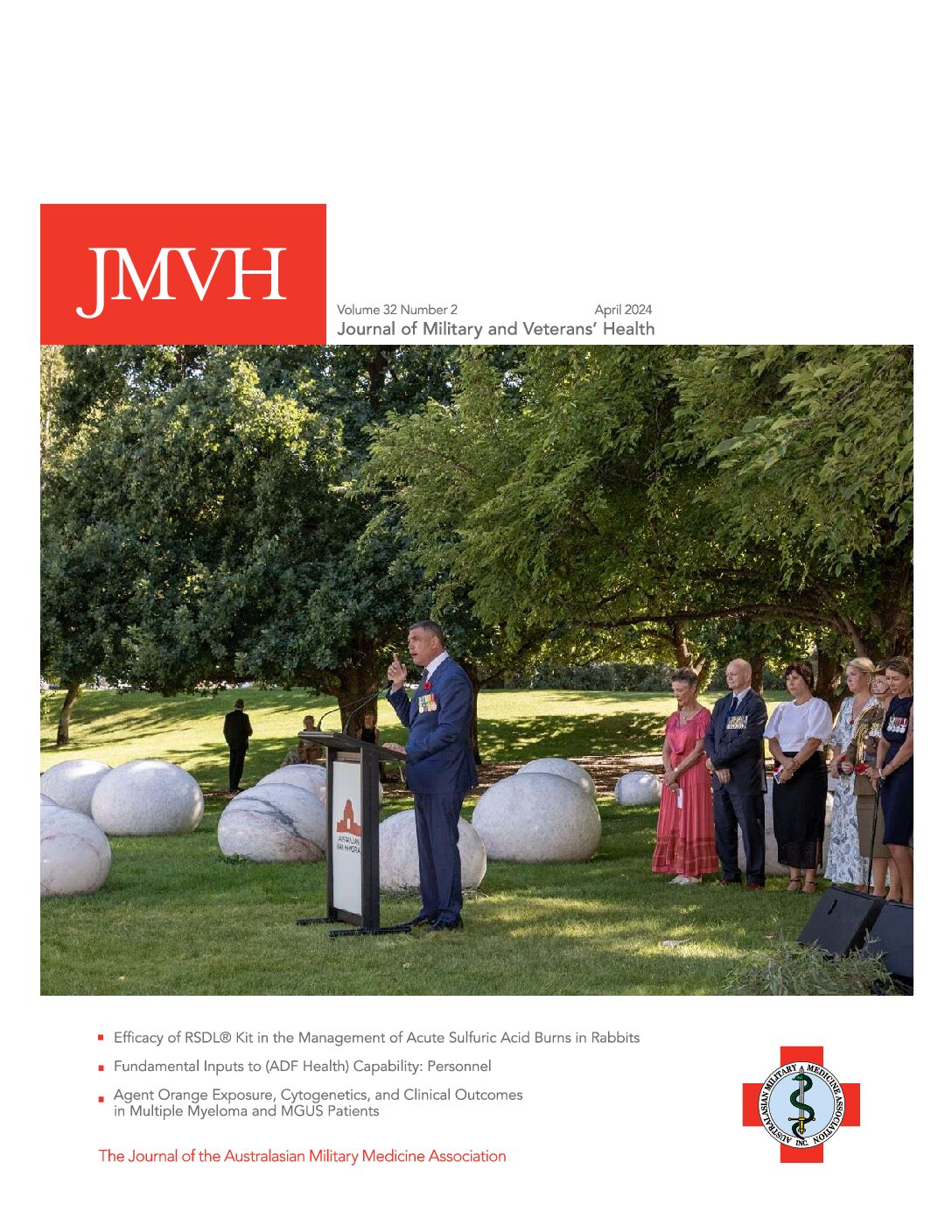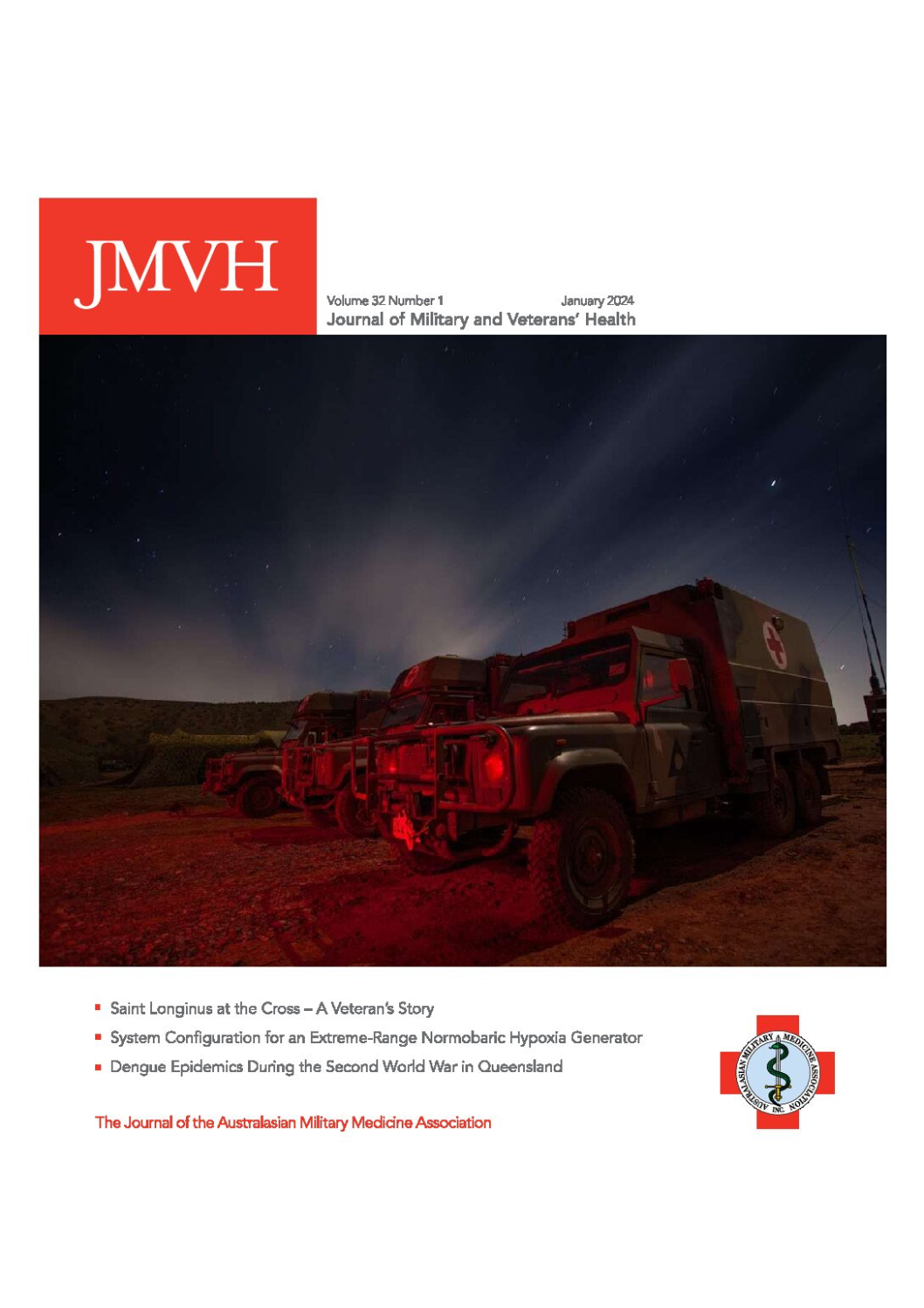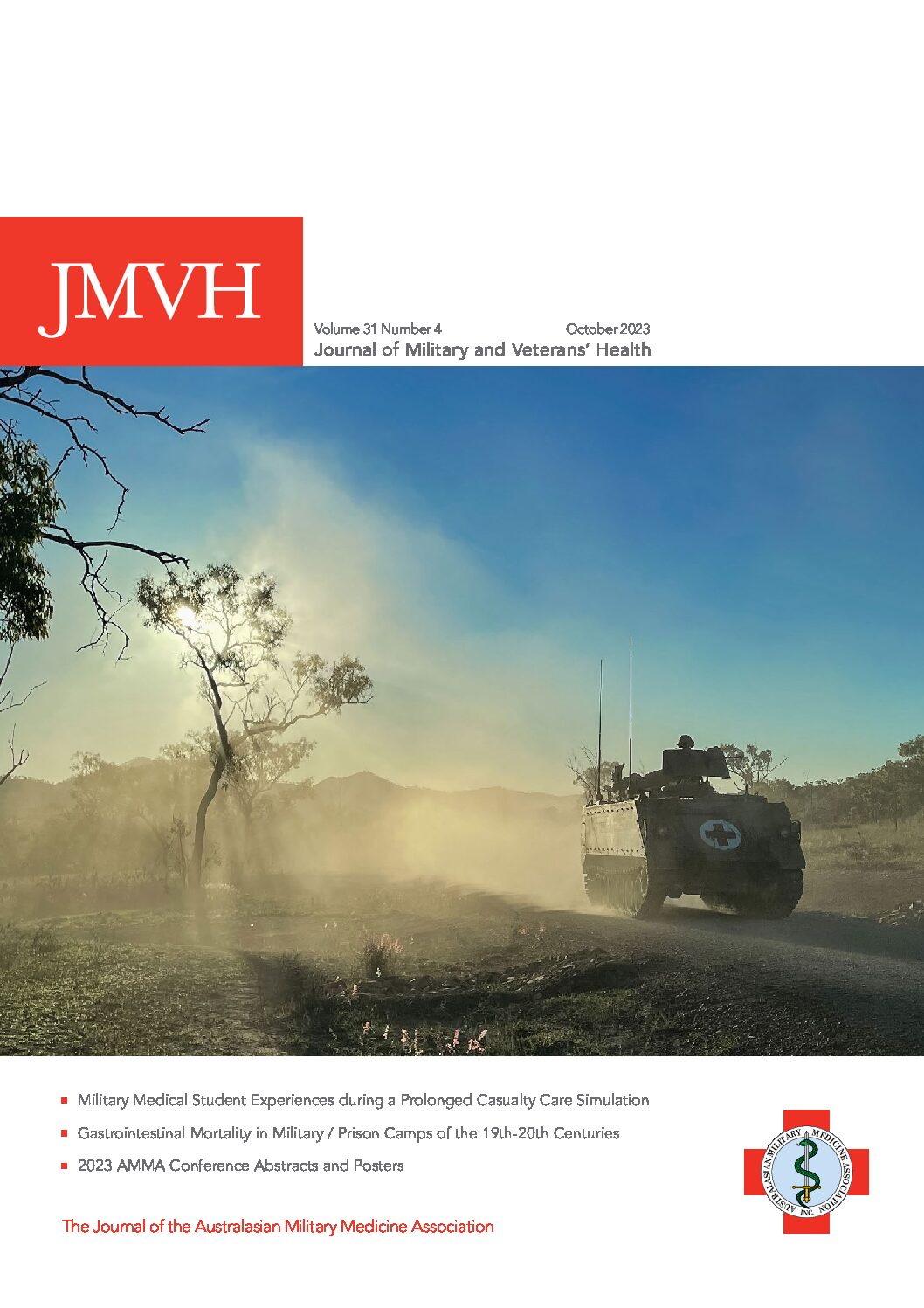Introduction
Social structure and order, governance of society and politics are dependent on good communication, and good communication requires agreement on definitions of terminology. Terrorism can dramatically influence the world, as shown by the far-reaching and prolonged effects of the attacks in New York on 11th September 2001. The definition of terrorism will affect communication and response to this issue and so have consequences for society and politics. However a suitable universal definition remains elusive because different bodies, organisations and government agencies have different definitions to suit their own particular role, purpose or bias.
Methodology
A broad internet literature search was performed by entering key words in widely used internet search engines such as Google and Yahoo. Key words used were “terrorism” (plus derivatives such as “terror”, “terrorist, etc)” and “definition” (plus derivatives such as “define”, “defining”, etc). This revealed a large number of internet references but the vast majority were published for purposes other than improvement in knowledge or for scientific research. Most were the publications of political organisations across the full spectrum from left to right, pressure groups, lobby groups, “think tanks” with a biased point of view, commercial organisations and “journalists” or “researchers” expressing a pre-conceived point of view. Often the information presented was second or third hand and had been altered to suit the bias of the author. All but a few were rejected. Separating truth from disinformation is a hazard when researching terrorism.
Organisations, governments, national states and other bodies that have social and political influence were searched through the internet and classical texts on the topic of terrorism in order to examine their definitions of terrorism and how these definitions affect their social and political influence.
These searches were performed during January and February 2012.
A search of the printed literature was performed with the assistance of the Charles Sturt University Library using the key words of “terrorism” and “definition”.
United Nations
Terrorism is international. The command and control of terrorist groups, the recruitment, training, active operations and the target audience can all be located in different countries and so counter-terrorist measures will not be effective unless all nations cooperate in agreeing to the characteristics of terrorist groups and their activities. Agreement on a common definition would be a step towards universal cooperation in the prevention of terrorism. The UN unsuccessfully attempted to get universal agreement after the 1972 Munich Olympic massacre. Some nations, particularly in Africa, Asia and the Middle East, were unwilling to label groups as terrorists if they sympathised with their aims, because of the perjorative aspects of the label. The West has also sympathised with groups which have committed terrorist activities. The Reagan administration supported the Nicaraguan Contras and there was Western support for the African National Congress in South Africa in the mid-1980s when their actions were terrorist. A universal definition will define terrorism irrespective of the aims of the group. As stated by Louise Richardson (1) ) “The legitimacy or otherwise of the goals being sought (by a group) should be irrelevant to whether a group is (defined as) a terrorist group” and “so a terrorist is not a freedom fighter and a terrorist is not a guerrilla. A terrorist is a terrorist, no matter whether or not you like the goal s/he is trying to achieve, no matter whether or not you like the government s/he is trying to change”.
Nonetheless, the UN has struggled to provide a definition that is accepted by all nations. In 2001 it adopted the International Convention for the Suppression of Terrorist Bombings even though they were unable to define the word “terrorist”. The Convention only covered one very small aspect of terrorism. The UN (2) produced an interim draft definition in 2001. It down-plays political justification and lists acts of violence as terrorism if they are “resulting or likely to result in major economic loss, when the purpose of the conduct, by its nature or context, is to intimidate a population, or to compel a Government or an international organisation to do or abstain from doing any act.” In 2007 they were shifting to a consensus academic definition. On 1 December 2010 the Head of the UN Counter-Terrorism Committee Executive Directorate said that “the fact that there was not a universal definition of terrorism presented a challenge” (3). .
Badey,as quoted by White (4) ) agreed that “nations are hampered by an inability to define and criminalise terrorism” and this remains a problem in achieving trans-national counter-terrorism.
Academic Research
Researchers and academic students of terrorism desire the intellectual discipline of a definition to enable focussing on a specified topic. This would facilitate communication between researchers, their organisations and their contribution to society’s counter-terrorism measures if they are using common language and definitions. Most academic definitions emphasise the combination of violence, politics, sociology and psychology. The threat of violence is included as well as actual violence.
Walter Laqueur (5) ) uses the simple, broad definition “terrorism is the illegitimate use of force to achieve a political objective by targeting innocent people”.
Tore Bjorgo (6) ) states “terrorism is a set of methods of combat rather than an identifiable ideology or movement, and involves premeditated use of violence against (primarily) non-combatants in order to achieve a psychological effect of fear on others than the immediate targets.”
Fernando Reinares (cited on p.120 in reference 6) distinguishes three traits that define terrorism for the purpose of academic study. Firstly, it is an act of violence that produces widespread disproportionate emotional reactions such as fear and anxiety which are likely to influence attitudes and behaviour. Secondly, the violence is systemic and rather unpredictable and is usually directed against symbolic targets. Thirdly, the violence conveys messages and threats in order to communicate and gain social control.
A very useful guide to academic thought is the study by Schmid and Jongman (7) ) referred to by many authors (e.g. Hoffman, White, Richardson, Bjorgo) which examined 109 definitions and found 22 frequently used “definitional elements” (Table 1).
Agreement on definitions of terrorism will assist the research and study which may progress to counter measures for the benefit of democratic governments and society.
Legal Profession
The legal profession desires a definition that can be used for the successful prosecution and conviction of accused terrorists. Defence or an appeal by an accused terrorist is easier if the crimes are ambiguously defined.
Prosecutions in the US can be under the Homeland Security Act of 2002 (8). ) This Act emphasises the danger to human life, covers the critical infrastructure and key resources, but also includes the psychological and political aspects.
Terrorism is covered by the “Criminal Code Act 1995 Part 5.3 Divisions 100-106 pp 95-126” of the Australian Federal Government (9) and defines terrorism (groups and individuals) for the purpose of prevention, investigation and criminal prosecution. It is primarily legalistic but does acknowledge the psychological, social and political aims of such groups. Members of the group that planned a suicide attack on Holsworthy Army Barracks were prosecuted and convicted under anti-terrorism legislation.
Prosecutors in Australia and overseas can have more success using conventional charges under the criminal code because of the imprecision of the legal definition of terrorism, particularly if a violent terrorist act has taken place, whereas anti-terrorist legislation becomes more relevant if there is a threat of violence or if the terrorist act is still in the planning stage
Accurate legal definition of terrorism is important for society and for governance to enable successful investigation and prosecution of terrorists within the established judicial system.
Law Enforcement and Counter-Terrorist Agencies
Law enforcement agencies involved in counter-terrorism and intelligence (e.g. FBI, Special Branch of Scotland Yard, Australian Federal Police Counter-Terrorism) need definitions of terrorism as guidelines for their task and legal endorsement for duties which are close to (and sometimes over) the boundaries of civil liberty. Consequently their definitions have more emphasis on actions and criminality than motivation and psychology so that the investigation of individuals and groups can be justified more on the basis of their activities rather than their presumed motives. Actual acts of terrorist violence are emphasised above the threats of the violence.
The US State Department (10) ) describes terrorism as “premeditated, politically motivated violence perpetrated against non-combatant targets by sub-national groups or clandestine agents, usually intended to influence an audience”. The FBI’s definition is “the unlawful use of force or violence against persons or property to intimidate or coerce a Government, the civilian population, or any segment thereof, in furtherance of political or social objectives” (11). Similarly the Australian Federal Police are guided by the Criminal Code Act 1995 (9). These definitions legitimise the actions of these agencies in the counteraction and investigation of terrorism rather than increasing their understanding of it.
These definitions can have significant social and political implications. They can benefit society by empowering effective counter-terrorism measures. They can harm society if they allow measures that cross the boundaries of civil liberties.
Governments and Political Parties
There are two reasons why politicians or governments will place importance on the definition of terrorism.
Firstly it can be used for public relations or “spin” to persuade their electorate that they are taking appropriate steps to combat terrorism and gain acceptance of laws or measures that are more draconian than would be accepted for any other purpose. An example is President George W. Bush’s use of the expression “War on Terrorism” which categorises terrorists as a conventional military enemy and legitimises conventional military action rather than counter-terrorist measures which can be interpreted by the US electorate as being “too soft.” The Obama administration has shifted from military to counter-terrorism and has since actually been accused of being “too soft”.
Australian Federal Governments have also reassured the general public regarding their efforts to counteract terrorism, particularly because they are aware that votes will be lost if there is a perception that governments are doing otherwise.
A side benefit for governments is the opportunity to introduce laws that are more repressive than is usually the case. The laws may be directed to terrorism but frequently are sufficiently extensive or intrusive to increase government power generally. Citizens are more accepting of the loss of individual civil rights in the name of counter-terrorism. Government abuse is an over-reaction to terrorism and can be followed by a backlash by citizens. One of the aims of a terrorist act is to precipitate an inappropriate reaction by governments (12). Truthful definitions of terrorism by politicians can help reassure and educate the public and preserve their civil rights.
Secondly, governments and politicians can use definitions of terrorism to repress, victimise or demonise their opponents, civilians, political bodies and religions. This happens most frequently in authoritarian states but has occurred in democratic states, an example being the use of Guantanamo Bay to sequestrate individuals from the normal legal system in the USA by defining them as terrorists. There are many examples of perversion of definition by authoritarian states, such as the labelling of French and Greek Resistance fighters as “terrorists” by Nazi Germany and the March 2012 description of Syrian civilians as “terrorists” by Syrian President Bassar al Assad while they are being killed by Syrian Government agents (13). ).
Misuse of the definition of terrorism can have far-reaching social and political consequences. Political parties and religions can be outlawed and persecuted. An individual who is convincingly defined as a terrorist loses many civil rights. If they happen to reside in certain areas of Afghanistan or Pakistan, they are at risk of being killed by a drone.
Terrorist Groups
Unsurprisingly, terrorists’ definitions of terrorism are different from those of the remainder of society. They prefer terms such as freedom fighter, guerrilla, insurgent and revolutionary. Richardson’s comment on these terms has been discussed earlier (1) ). Hoffman (14) () also describes the attempts of terrorist groups to evoke more acceptable images of themselves by the use of favourable descriptors or definitions, e.g. “freedom and liberation”, “armies or other military organisational structure”, “self-defence movements”, “righteous vengeance”.
Osama bin Laden described “good and bad terrorism” (1) ). “Terrorism can be commendable and it can be reprehensible. Terrifying an innocent person…. is objectionable and unjust, also unjustly terrorising people is not right. Whereas terrorising oppressors and criminals and thieves and robbers is necessary for the safety of people and protection of their property…..The terrorism we practise is of the commendable kind for it is directed at the tyrants and the aggressors and the enemies of Allah, the tyrants, the traitors who commit acts of treason against their own countries and their own faith and their own prophet and their own nation. Terrorising those and punishing them are necessary measures to straighten things and to make them right.”
There will be continuing social and political consequences as long as terrorists continue to define themselves in these terms and act accordingly. Terrorism will exist indefinitely because there will always be individuals and groups that get reassurance and motivation from this type of self-justification.
Australian Department of Defence
The Australian Federal Government delineates the mission and provides the budget for the Department of Defence and the Australian Defence Force (ADF) for the defense of the Australian homeland and its international security interests, including defense against terrorism. Terrorism needs to be accurately defined by the ADF so that it can pursue this task appropriately.
Searching the ADF website does not reveal a precise definition but does reveal past discussion papers which have confirmed that a clear definition is needed to help future planning of counter-terrorist measures as distinct from planning for conventional military action. For example, Major Adam Boyd uses the FBI definition of terrorism and then states that “a pre-eminent strategic studies speaker” at the 2004 Australian Command and Staff Course was “adamant that Australia did not have a comprehensive strategy to combat macro-terrorism” (15).
The Department of Defence publishes an annual update which includes a section on terrorism but does not define the term.
The Australian Federal Government published a White Paper on Counter-Terrorism in 2010 but it does not include a definition of terrorism (16).
The Medical Profession
There is interaction between terrorism and the medical profession, since victims of terrorism will require treatment for physical and/or psychological injury.
Doctors, particularly military doctors or doctors involved in humanitarian assistance, can be faced with ethical or judgmental decisions when treating suspected terrorists. Terrorism, particularly suicide terrorism, can produce mass casualties with a mix of terrorists and their victims, requiring ethical discipline from the medical team to allocate treatment to the casualties of greatest need. Definitions of terrorism are irrelevant in this situation.
Captured or deserting terrorists are assessed by forensic psychiatrists and psychologists.
Research into the medical aspects, physical and psychological, of terrorism requires a specific definition of terrorism relevant to medical research.
Arnold et al., (17) point out at that terrorism “definitions have been crisis-centred, frequently reflecting the political perspectives of those who seek to define it” and that “a universal medical and public health definition of terrorism will facilitate clinical and scientific research, education, and communication about terrorism-related events or disasters”. Their proposition is as follows:
“The intentional use of violence–real or threatened–against one or more non-combatants and/or those services essential for or protective of their health, resulting in adverse health effects in those immediately affected and their community, ranging from a loss of well-being or security to injury, illness, or death.”
Definitions by the medical profession put more emphasis on the psychological effects on victims and regard threatened violence as significant as is actual violence. The definitions strive to be an accurate reflection of the reality of terrorism and avoid terms which may imply bias or an emotional response to terrorism.
Medical definitions of terrorism are for the purpose of medical research and must not influence treatment of casualties and participants of terrorism. This must be provided on conventional ethical indicators.
Media
The media use the word “terrorism” as a term that will persuade people to read newspapers and watch television news programmes. It does not use a precise definition but calls events “terrorism” to catch the attention of the public (eg “school bullying terrorism”, “terrorism in the western suburbs of Sydney”, “economic terrorism”, “West Indies cricket pace attack terrorism”). The main education of the public on terrorism is via the media and frequent misuse of the word will result in it becoming a meaningless cliché.
Conclusion
There is an assortment of collectives and individuals with a vested interest in terrorism and they have defined the term in the form that suits their bias or perspective. They include organisations and alliances of nations, academics and researchers, the legal profession, the health profession, counter-terrorist and law enforcement agencies, governments that wish to protect their citizens, governments that wish to repress their citizens, terrorist groups and the media. They have different agenda, even within their groups, and so it is unlikely that there will be agreement on a common definition of terrorism. This will have social and political consequences.






